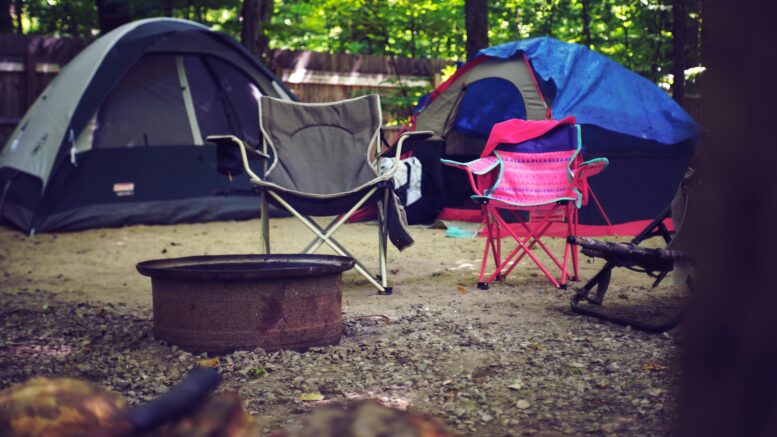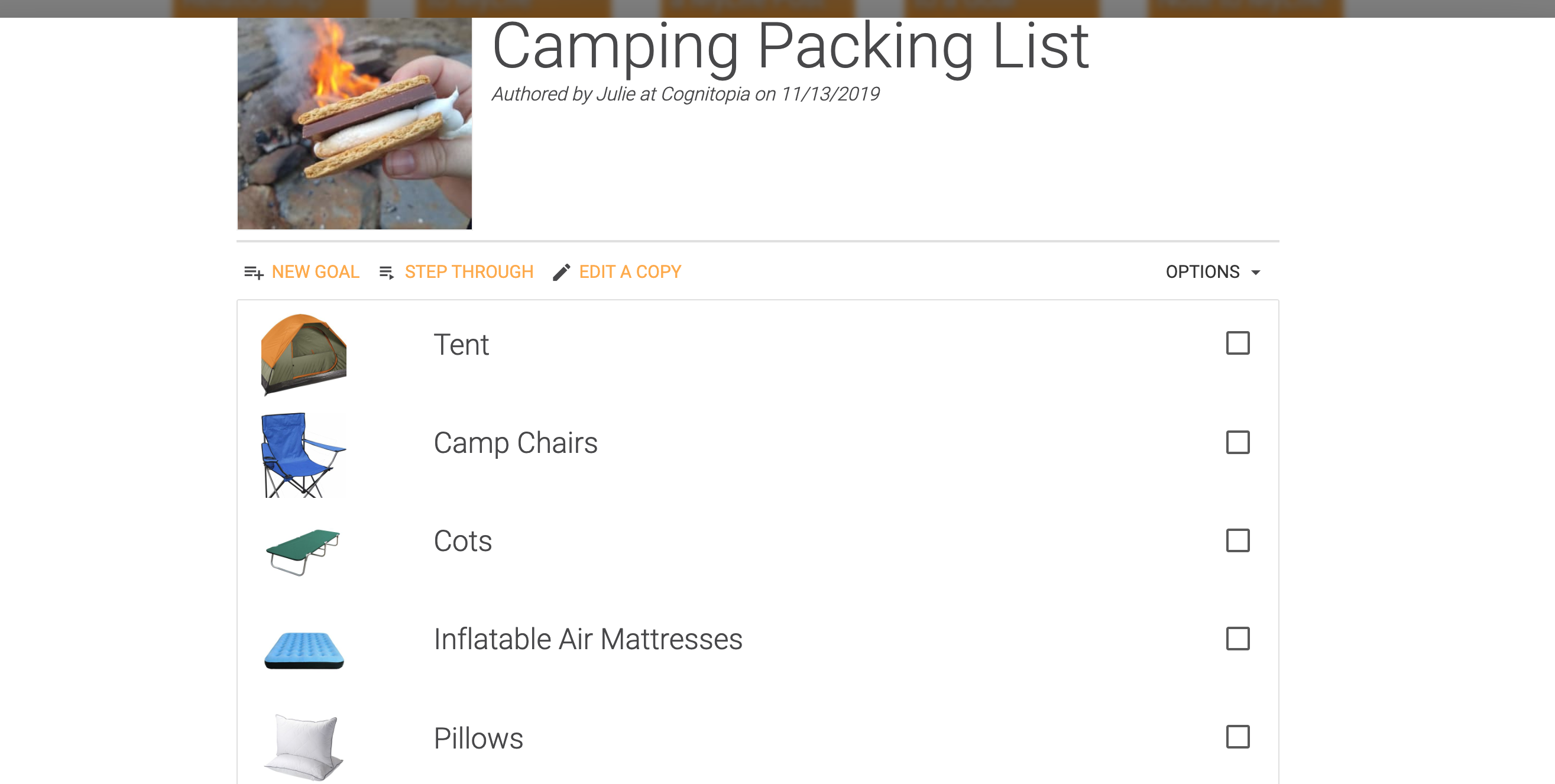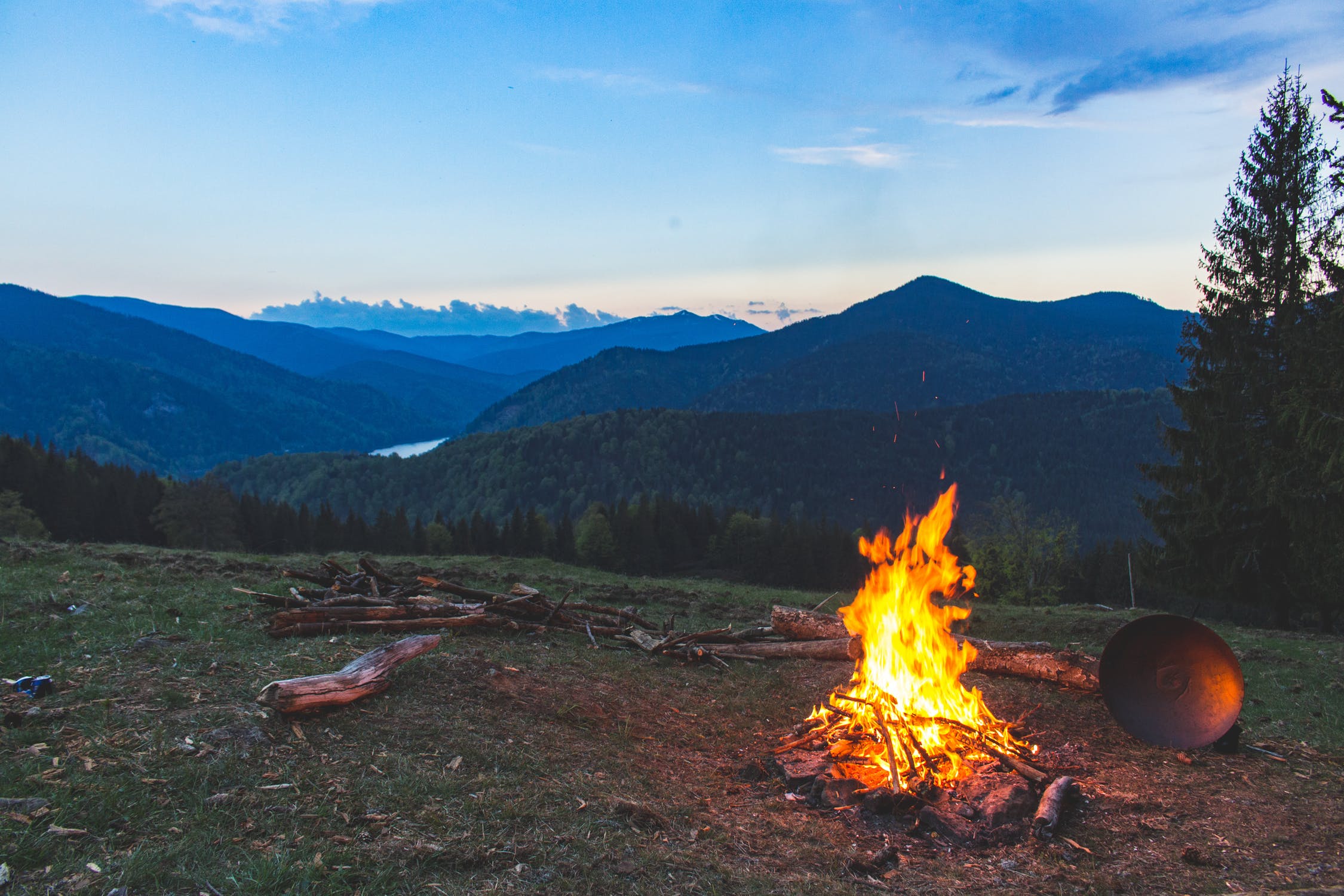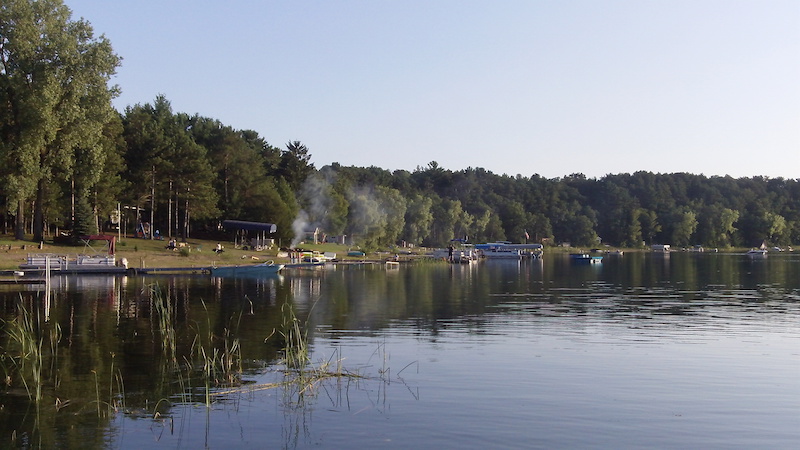Nothing beats camping when it comes to family-friendly activities great for your physical and mental health. Camping trips are perfect opportunities for deep family bonding, imparting life skills, and getting away from our busy, stressful lives.
However, a lot goes into ensuring the trip is safe for everyone, from tenderfoots to seasoned campers. Follow this general camping safety guide to get a new generation of nature lovers hooked on this worthy pastime.
Choose an Appropriate Location and Campground
Where and under what circumstances your trip takes place will make or break the experience, so prepare thoroughly! For first-time family camping, start by picking a relatively nearby location with few natural dangers, such as wild animals or rough terrain.
Picking the right campsite is essential. Make sure it has enough cleared space to set up your tent and other supplies safely. To ease everyone in, go to campgrounds with amenities like running water and electricity. Some campgrounds also offer Wi-Fi, playgrounds for the kids, and even shops that can supply any camping essentials you might have forgotten.
Your best bet is to search for family-friendly campgrounds online and see what previous campers have to say. Be sure to check the weather in advance to minimize risk from the elements and have a more enjoyable time overall.
Pack Smart
The length of your stay, desired level of comfort, weather, and dozens of other criteria affect what you’ll want to bring to the trip. However, some universals apply.
For example, pack a tent with ventilation and plenty of room for everyone to get comfortable. Bring season-appropriate sleeping bags to avoid being too cold or hot. Get smaller or child-sized bags for the kids to make them easier to exit and snug fit.
Pack a spare change of clothing for everyone while double-down on socks and underwear. Sturdy footwear is a must, especially if the trip involves hiking.
A well-stocked first aid kit is essential. Include bandages, antibacterial wipes, painkillers, any medicine you take regularly, insect repellent, scissors, and tweezers. A multitool is another must-have, as is at least one flashlight per person. Don’t skimp on quality, as your and your family’s lives might depend on it.
Practice Camping First
The outdoors can be weird and wonderful for kids who’ve never known anything other than civilization. To ease them into the real deal, organize a backyard camping trip. That way, you can teach them basics like setting the tent up or keeping the fire going in a safe, controlled environment.
The practice run will also accustom everyone to sleeping on a rougher surface and make the sounds nature produces at night less frightening. Parents will be better able to gauge their kids’ need for stimulation and can prepare activities and games accordingly.
Stay Vigilant
Family camping trips require you to exercise greater vigilance. Kids, especially younger ones, need extra supervision around fire, water, and other potential hazards. Let them nurture their inner explorer but always keep an eye on them and know where they are. Regularly inspect each other for insect bites, ticks, and small cuts.
Following marked trails is an educational and safe way to experience the unique nature around you. Even so, remain aware of your surroundings at all times and observe the local wildlife from a safe distance.
Vigilance should extend to the digital world as well, even while taking a break from it. Some campgrounds might offer free Wi-Fi, which you shouldn’t connect to, at least not without activating a VPN first. Using such a network opens you up to attacks that can track which sites you visit and may even copy unsecured credentials and other sensitive information.
Using a VPN prevents this by encrypting the connection, ensuring any information you access or share remains private and safe from prying eyes. If you don’t want to pay heaps of bucks, you can benefit from discounts often providers distribute, such as NordVPN coupons.
Handle Food Responsibly
There’s much more to secure food handling when camping than roasting marshmallows over an open flame. For example, you’ll want to avoid spoiling by packing a lot of non-perishables and keeping more sensitive food in a portable cooler.
Food, not to mention cooking, gives off smells that can attract animals. Store food in airtight containers to contain the smell. Dispose of leftovers in designated areas instead of leaving them near the campsite and attracting unwelcome visitors.
Have an Emergency Plan
Planning for the worst is the go-to strategy for effectively dealing with unforeseen situations. Familiarize yourself with the general area and take note of the nearest emergency services. Learn how to administer camping-related first aid, like treating minor burns or removing thorns. Take note of dangerous local flora and fauna as well.
Have a plan in case you get separated. If your kids are old enough to have phones, be sure to download maps of the area. Don’t forget to connect safely. Using a VPN means you can secure your connection even if you are in the wilderness. Designate a meeting spot and let friends or family members know where you’re going and how long you plan on staying.





